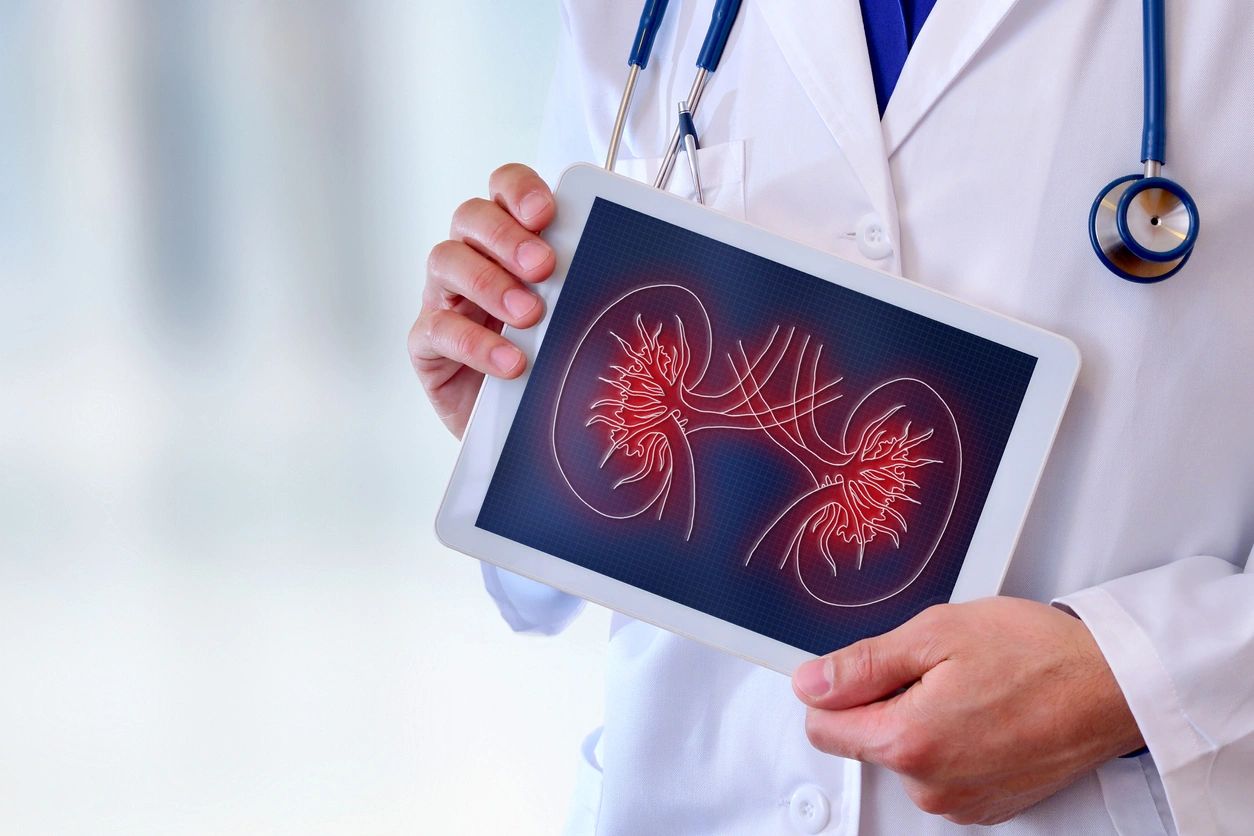Clinical Reasoning Module
Formulating a working diagnosis and management plan requires integrating a knowledge base with clinical reasoning skills to solve medical problems and make treatment decisions. This two-week online course introduces participants to the principles of clinical reasoning and how to develop adaptive expertise through problem- and case-based learning with common clinical scenarios and real-life cases.


AI in Healthcare Module
This interactive online course is designed for healthcare professionals (doctors, nurses, allied health staff) interested in the applications of artificial intelligence (AI) in healthcare. The module aims to educate participants on how AI can enhance patient care, streamline operations, and improve decision-making in healthcare settings through lectures, demonstrations, and practical exercises.
Module Summary
1. Introduction to AI in Healthcare: Learn the fundamentals of AI and how to implement it in clinical practice.
2. Machine Learning and Predictive Analytics: Explore how these techniques improve treatment plans.
3. Natural Language Processing (NLP): Understand its applications in documentation and patient communication.
4. AI in Medical Imaging: Discover advancements in diagnostic accuracy through image analysis.
Join us at the AI in Healthcare module to explore how AI is transforming the healthcare sector and enhancing care.
Nephrology Module
Clinical reasoning is context specific. Therefore, A general domain applies to all disciplines and specialty domains relate to cardiology, nephrology, dermatology, etc. In addition, fast-thinking is dominant in emergencies. Therefore, simulations are necessary as learning tools. The renal emergencies module is an illustrative example.

Developing Illness Script for COVID-19
A Reflective Inquiry

The course was given by Dr. Khalid Mahran to medical students of College of Medicine Syllabus, TEXAS A&M 2020-2022. The goal was to Develop a COVID-19 illness script and reason out an action plan. Key points are how to Learn about novel diseases and reflect on real-life cases. Adaptive expertise can be achieved through the awareness of rationality, critical thinking, and metacognition and embracing creativity, lateral thinking, and innovation.
Learning Objectives:
- Identify and appraise dynamics of COVID-19 disease
- Develop relevant illness script and adaptive expertise.
- Practice situational awareness and clinical problem solving
- Illustrate common cognitive biases in response to COVID-19
- Explore potential clinical solutions to mitigate COVID-19
